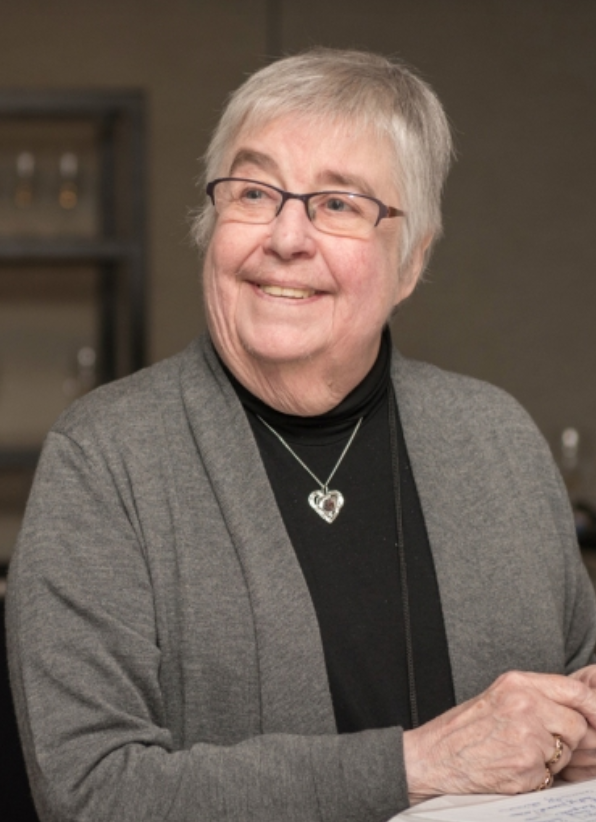
ACPA-College Student Educators International joins our higher education and student affairs colleagues in mourning the passing of Lee Knefelkamp on Friday, 7 September, 2018. Our condolences and best wishes are extended to Dr. Knefelkamp’s lifetime partner Dr. Evelyn Torton Beck, her family, friends, and to colleagues mentored and influenced by her reach throughout her life.
Dr. Knefelkamp was a frequent presenter and keynote speaker at ACPA conventions, and ACPA Diamond Award Honoree. Those who were privileged to hear her were drawn to action through her personal and impassioned stories illuminating the developmental journeys we share with students. The New Directions in Student Services issue Applying New Developmental Findings (Widick, Knefelkamp, & Parker, 1978) shaped the emergence of student development in student affairs work and is still used and referenced by educators in their work.
ACPA Past President Dr. Denny Roberts shared, “Lee Knefelkamp's intellectual, writing, and speaking gifts in applying theory to practice are legendary. Having discovered William G. Perry's Forms of Intellectual and Ethical Development (1968/70) in the University of Minnesota library while doing research with Clyde Parker, she ushered in a new era in the understanding of how students develop when she launched her faculty career at the University of Maryland in 1974. Doctoral students the likes of Ron Slepitza and Linda Clement from the 1970s and many others throughout Lee's career shape colleges and universities in ways that are fundamentally different. Her ideas spanned all kinds of differences from culture to sexuality to socio-economic class. Receiving my doctorate with Lee's careful guidance and the relationship I maintained with her over the years has been one of the greatest gifts of my life as I am sure it has been for others.”
Dr. Marylu K. McEwen shared, “Lee Knefelkamp, I believe, can be credited with bringing the first wave or era of student development theory to the student affairs profession. Through her eloquent and impassioned speeches, Lee introduced and translated student development theories to multiple audiences. Although student affairs professionals were reading Chickering’s Education and Identity (1969), it was Lee and her colleagues (Knefelkamp, Widick, & Parker, 1979) who identified a broader collection of student development theories for our profession. Lee advanced William Perry’s (1968/70) theory of intellectual and ethical development and engaged with Maryland CSP students in extensive research on Perry’s theory.”
We will honor Dr. Knefelkamp’s life and lasting legacy with a memorial resolution at our Annual Convention in Boston on Tuesday, March 5, 2019.
